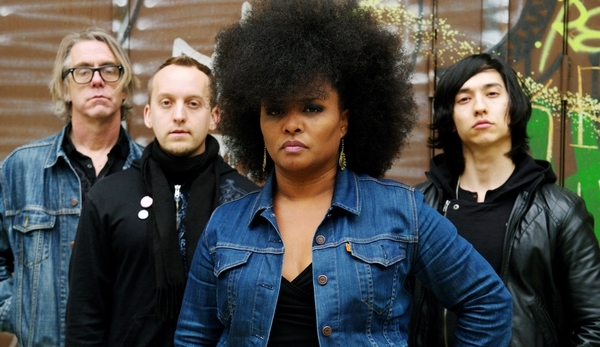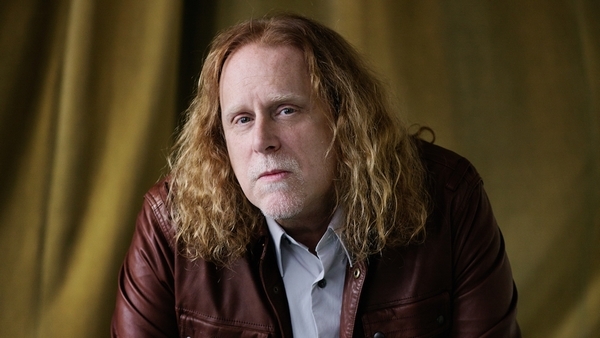It’s a difficult trick to pull off – staying relevant in the music industry while rejecting the industry and embracing the music. However, frontwoman Lisa Kekaula knows how to stand out without resorting to gimmickry.
“We never try to narrow it down in the first place, which seems to be the general idea of music, and life right now,” she says. “Everybody wants it down in one word or one sentence, and that’s not the way that music works. Great music is not this mono, one trick pony sort of deal. The Beatles would never make it as a band right now, because they’d be considered to have been doing too many things. For us it’s a natural progression to be the way that we are.”
This reluctance to get pinned down also applies to the managerial side of The BellRays. There’s a restlessness that underlies the band – independence is intrinsic to the way they choose to function, and this involves challenging the norms of the music industry as well.
“If people can’t put a label on you, they’re so afraid to market you that they’re not going to attempt to,” Kekaula says. “They’ll say, ‘That’s too hard’. It’s much easier to take a white guy who’s trying to sound like a black woman and market that band as rock’n’roll than take an actual black woman who sings rock’n’roll and market it. So suck a dick to everyone out there that ever wanted to get behind us – we do what we do because we have to, because nobody else is going to help us do it. That’s the truth.”
By refusing to conform to a neatly understood label, the band have arguably reduced their accessibility. A common thread in the hunt for new music is chasing down stuff that echoes your existing interests. So genre tags are as an easy tool for luring in listeners who are into similar music. But despite their defiance, The BellRays have found other ways to stay relevant.
“Maybe it’s something to do with the fact that if you do what you love, it really means something,” Kekaula says. “Or if you just never give up. Our thing was never like, ‘We’ve got to do this until we reach this level in the industry’. That’s not what any of our marketing has been based on. Every manager or booking agent that we’ve dealt with has had this idea and they’re all wrong. None of that stuff ever happened that way for us. It’s nothing against them, I’m just maybe saying that we should discuss the situation.”
Much like any relationship, keeping a band together can be hard work. Given the amount of time band members spend together creating music and touring, certain arrangements are necessary to uphold collective harmony. The current incarnation of The BellRays revolves around Kekaula on vocals and Bob Vennum on guitar, and there’s a level of respect between the two that fosters a productive environment.
“It’s being flexible,” Kekaula says. “Being able to say, ‘I trust you, you trust me, lets work on this song or album or whatever.’ You’ve go to have a soundboard that you really know that’s in it for the same reason you are – to make the best music you possibly can together. And as long as that’s the core of that, you can keep going. I don’t think there’s a limit to how long you can keep going as long as that’s the core of it.
“We’ve had situations with other musicians, other projects, where the core of the issue is not what you can do with the song, but something that the person has to get over on their own,” she continues. “You’ll have to deal with a lot of ego. So if ego is the biggest thing that you have to sort through, and you think that the songs are the biggest thing you have to sort through, you have a problem. But as long as all of you are involved and you look at the song, at the end of the day I don’t think you can ever go wrong.”
The BellRays were due to tour Australia in May, but unfortunately co-headliners The Supersuckers had a falling out with their tour promoter. Thankfully, the band are heading back on their own this month and Kekaula promises the fire is still alive.
“We’re looking forward to rocking the shit out when we get there,” she says. “Nothing too much, nothing too little.”
BY THOMAS BRAND

